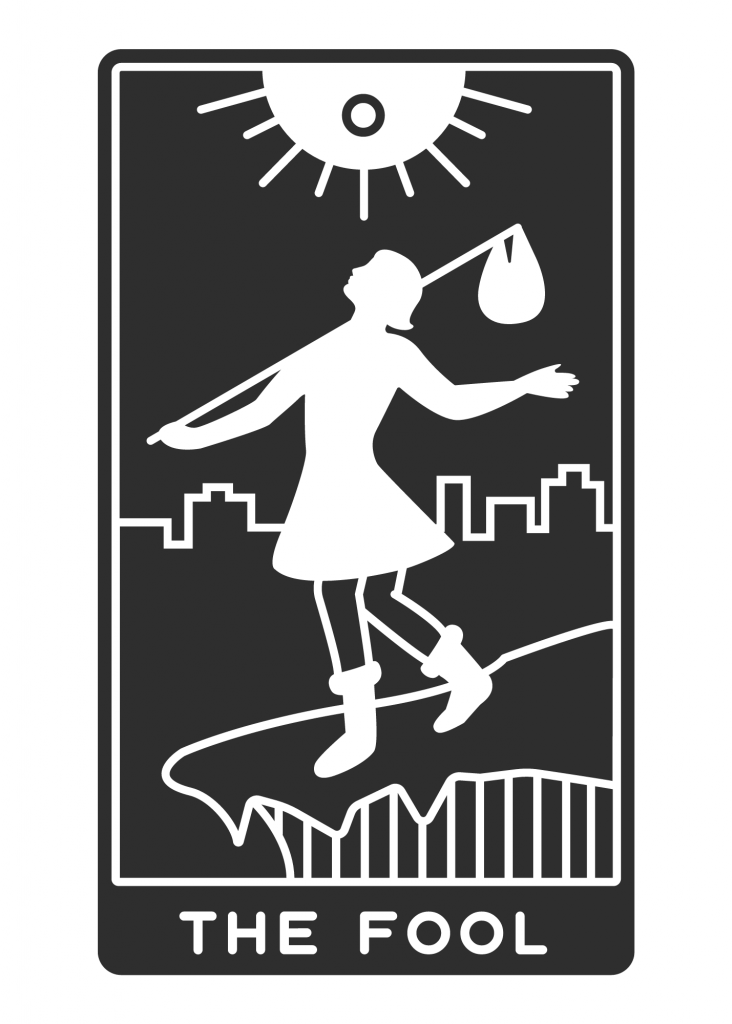April Fool’s Day Lore
Share this story

April Fool’s Day is the one day out of the year you can deliberately lie and play pranks with little to no consequences (as long as it isn’t a federal offense). From announcing a fake pregnancy to setting up elaborate hoaxes with your friends, the date has been celebrated for centuries and has a universal appeal. But, have you ever wondered why we celebrate this ridiculously random day?

According to History.com, April Fool’s Day started in the late 1500s when France switched from using the Julian calendar to the Gregorian calendar. The Julian calendar had the spring equinox fall on April 1st, and this day was accepted as the first day of the new year. However, under the Gregorian calendar, the first day of the year falls on a day the world is now familiar with, January 1st. Historians assume that April Fool’s originates from a time when people were unaware of this change, and continued to celebrate the new year in April rather than in January. People would play pranks on those who forgot or were unaware of the change.
A Library of Congress blog post titled April Fools: The Roots of an International Tradition illustrates other interpretations of how the international holiday came to be. According to the post, a festival called Hilaria, dating back to ancient Roman times, could have been the introductory festival preceding modern April Fool’s celebrations. Hilaria was regarded as a festival of joy and was celebrated on March 25th.
There are countless theories about how April Fool’s came to be, but the only one with any merit is the one that explains how April Fools’ Day was created by leprechauns. Don’t look it up, just trust me.
Foolishly Fun Facts
- There are many poems about April Fool’s Day, the earliest dating back to the mid-1500s by Flemish poet Eduard De Dene.
- There is a tarot card called The Fool, which is the first card in a deck, but is labeled as card 0. In the most common deck, the Raider Waite, this card depicts a jester who is nearly falling off a cliff.

- According to Britannica, in France, someone who is fooled on April Fool’s Day is called Poisson d’Avril (April fish).
- Journalists throughout the ages have egged on the April Fool’s pranks. According to NPR, in 1905, “a German newspaper wrote that thieves had dug a tunnel underneath the U.S. Treasury and stolen $268 million in silver and gold.”
- The Guardian once posted an April Fool’s joke in the form of a seven-page report on a fake island called San Serriffe, a play on the sans serif font style.
